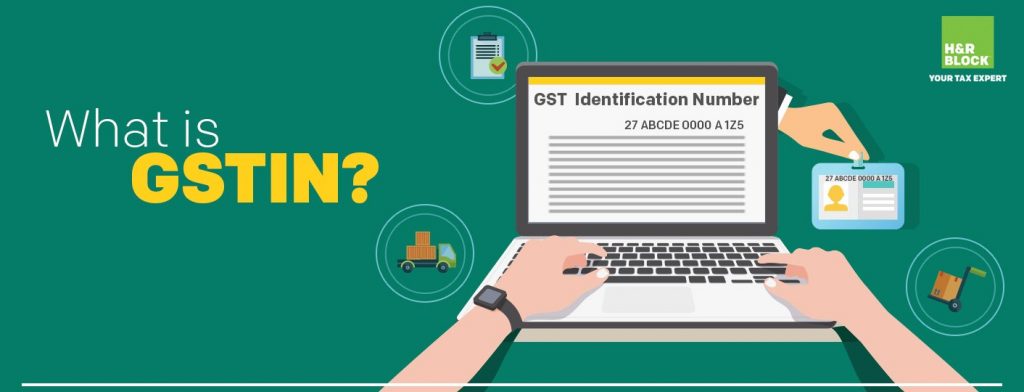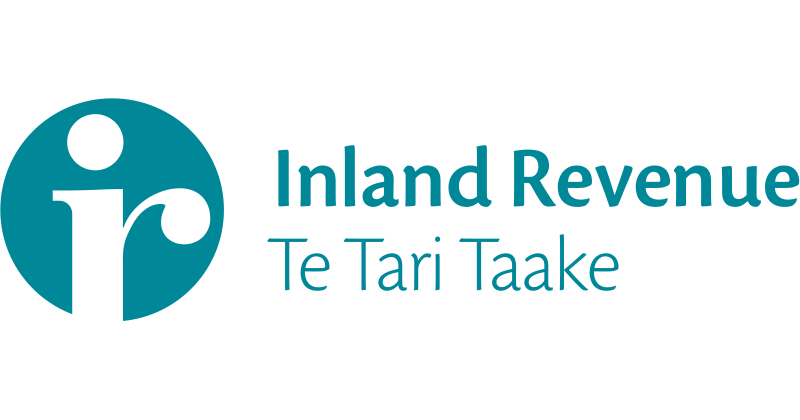
Introduction :
We know that the GST Registration is required the moment one crosses the threshold limit of ₹ 20 lacs and/or ₹ 10 lacs in case of North Eastern States. Both the most important thing to note here is that the GST Registration is mandatory from day one without any threshold limit.
GST Registration as per threshold limit and how to compute such threshold limit :
Every Person making taxable supplies under GST is required to be registered when he crosses the said threshold limit of ₹20 lacs or 10 lacs as the case be except where the person making supplies under GST dealing only with exempt goods and or services under GST in which case the registration is not mandatory for them.
The major problem is that as how to compute this threshold limit. The threshold limit here represents the aggregate turnover of the person making supplies under GST which determines his or her eligibility to get registered under GST.
Aggregate Turnover : What it includes /what it excludes :
Includes |
Excludes |
| Aggregate value of all taxable supplies made by the taxable person whether on his own account or made on behalf of all his principals. | Value of inward supplies on which tax is payable on reverse charge basis |
| Exempt supplies | The value of supply of goods, after completion of job work on the supplies of taxable person. Reason : Because such supply by registered job worker shall be treated as the supply of goods by the principal and that the value of such goods shall not be included in the aggregate turnover of the registered job worker. |
| Export of goods and or services or both | |
| Aggregate value of Inter state supplies of persons having same PAN computed on all India basis excluding Central tax, State tax, Union territory tax, integrated tax and Cess | Various taxes under the GST law, Compensation Cess. |
| Inter-State supplies between units of a person with the same PAN |
Exempt supplies in detail :
Exempt Supplies includes
- supplies that have a ‘NIL’ rate of tax;
- supplies that are wholly exempted from SGST, UTGST, CGST, IGST or Cess; and
- supplies that are not taxable under the Act (alcoholic liquor for human consumption and articles listed in section 9(2) and in schedule III);
So exempt supplies includes non-taxable supplies as well on which GST is not applicable. Let us take two person’s for our study and determine whether these person’s are liable to be registered under GST.
| Person | Is GST registration required ? |
Mr. X is a Doctor doing his own practice and he also part times at a hospital for 2 hours a day on salary basis and the following is his income statement for the financial year 2016-2017
So the aggregate turnover come to ₹ 22 lacs p.a., in the given case |
Analysis study :
So for the financial year 2017-18 Mr. X is required to get registered under GST and obtain a 15 digit GSTIN number.
Yes Me. X is liable to get registered under GST and obtain GSTIN number by virtue of law. |
Mr. Y is basically an agriculturalist and the following is his Income Statement :
So the aggregate turnover of Mr. Y comes down to ₹ 26 lacs. Whether he is liable to be registered ? |
Analysis study :
|
Persons who are not required to get GST registration :

Goods and Services Tax Identification Number [GSTIN]
(1) The following persons shall not be liable to registration, namely: ––
(a) any person engaged exclusively in the business of supplying goods or services or both that are not liable to tax or wholly exempt from tax under this Act or under the Integrated Goods and Services Tax Act;
(b) an agriculturist, to the extent of supply of produce out of cultivation of land.
(2) The Government may, on the recommendations of the Council, by notification, specify the category of persons who may be exempted from obtaining registration under this Act.
Category of person’s who are exempt from obtaining GST registration by way of notification issued by council in this regard :
This refers that in the following cases GST Registration will not be required even if the threshold limit is exceeded. The following are the person’s who falls under this category :
- Job-workers engaged in making inter-State supply of services to a registered person except those who are liable to be registered u/s 22(1) of the CGST Act, 2017 or persons opting for voluntary registration or persons engaged in making supply of services in relation to Jewellery, goldsmiths’ and silversmiths’ wares and other articles.
- Persons effecting inter-State taxable supplies of handicraft goods – where the aggregate value of supplies on PAN-India basis does not exceed 20 Lakh in a year (10 Lakh for Special Category States) – (w.e.f. 14.09.2017)
- Persons effecting inter-State supplies of taxable services – where the aggregate value of supplies on PAN-India basis does not exceed 20 Lakh in a year (10 Lakh for Special Category States) (w.e.f. 13.10.2017)
- Persons providing services through an e-commerce platform, provided their aggregate turnover does not exceed ₹ 20 lakh (₹ 10 lakh in special category States except J & K) and the supplier is not liable to collect tax at source under GST (w.e.f. 15.11.2017)
Cases of Compulsory GST Registration :
The following category of persons on whom the criteria of threshold limit to determine the liability for Registration under GST act does not applies :
- Persons making any inter-State taxable supply goods;
- Casual taxable persons making taxable supply;
- Persons who are required to pay tax under reverse charge;
- Persons who are required to pay tax under sub-section (5) of section 9 (electronic commerce operator)
- Non-resident taxable persons making taxable supply;
- Persons who are required to deduct tax (Tax Deduction at Source);
- Persons who supply goods or services or both on behalf of other registered taxable persons whether as an agent or otherwise;
- Input service distributor;
- Persons who supply goods and/or services, other than supplies specified goods through such electronic commerce operator who is required to collect tax at source (TCS)
- Every electronic commerce operator;
- Every person supplying online information and database access or retrieval services from a place outside India to a person in India, other than a registered taxable person; and
- Such other person or class of persons as may be notified by the Central Government or a State Government on the recommendations of the Council.
Procedure for GST Registration :
Every person who is liable to be registered shall apply for registration in every such State or Union territory in which he is so liable within thirty days from the date on which he becomes liable to registration, in such manner and subject to such conditions as may be prescribed.
And in case of casual taxable person or a non-resident taxable person shall apply for registration at least five days prior to the commencement of business.
Process of GST Registration :
The GST registration process is a three pavement gate way where in at the last gate way you are given a 15 digit Unique code called Goods and Service Tax Identification Number (GSTIN) which is the proof of Registration under GST.
| Gateway No. 1 |
|
| Gateway No. 2 |
|
| Gateway No. 3 |
|





